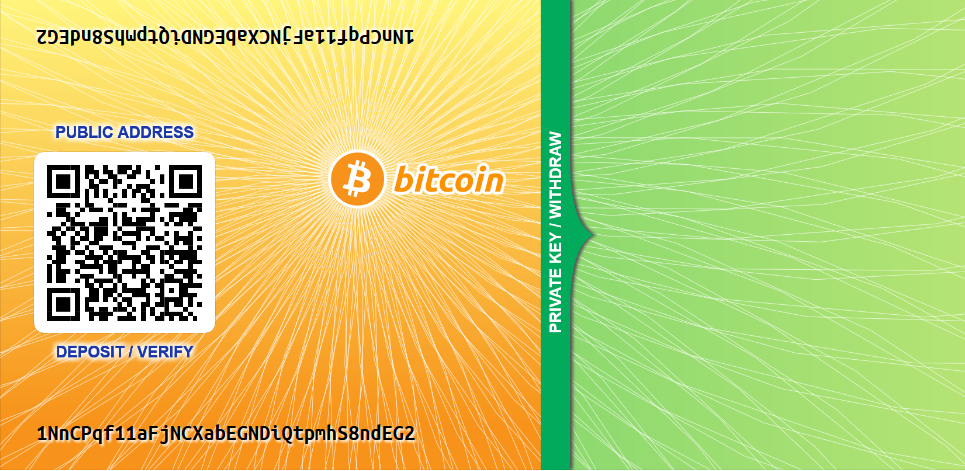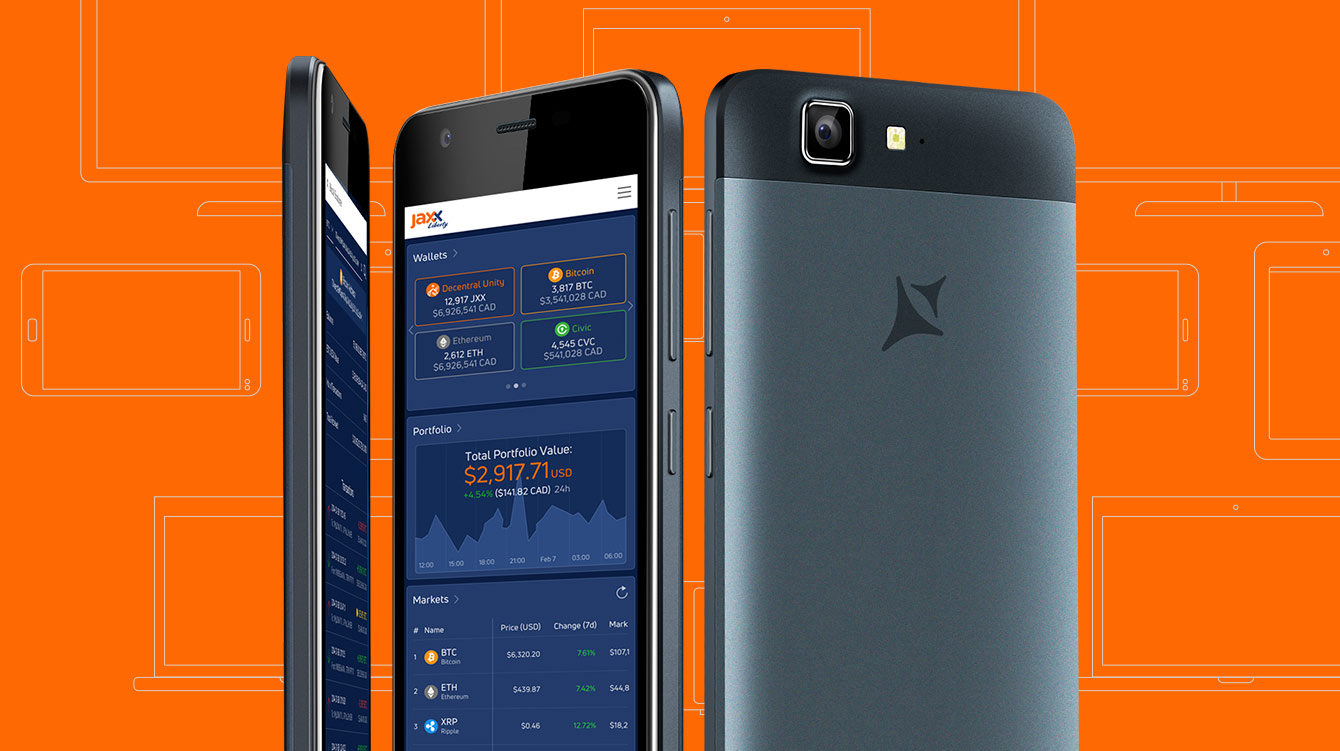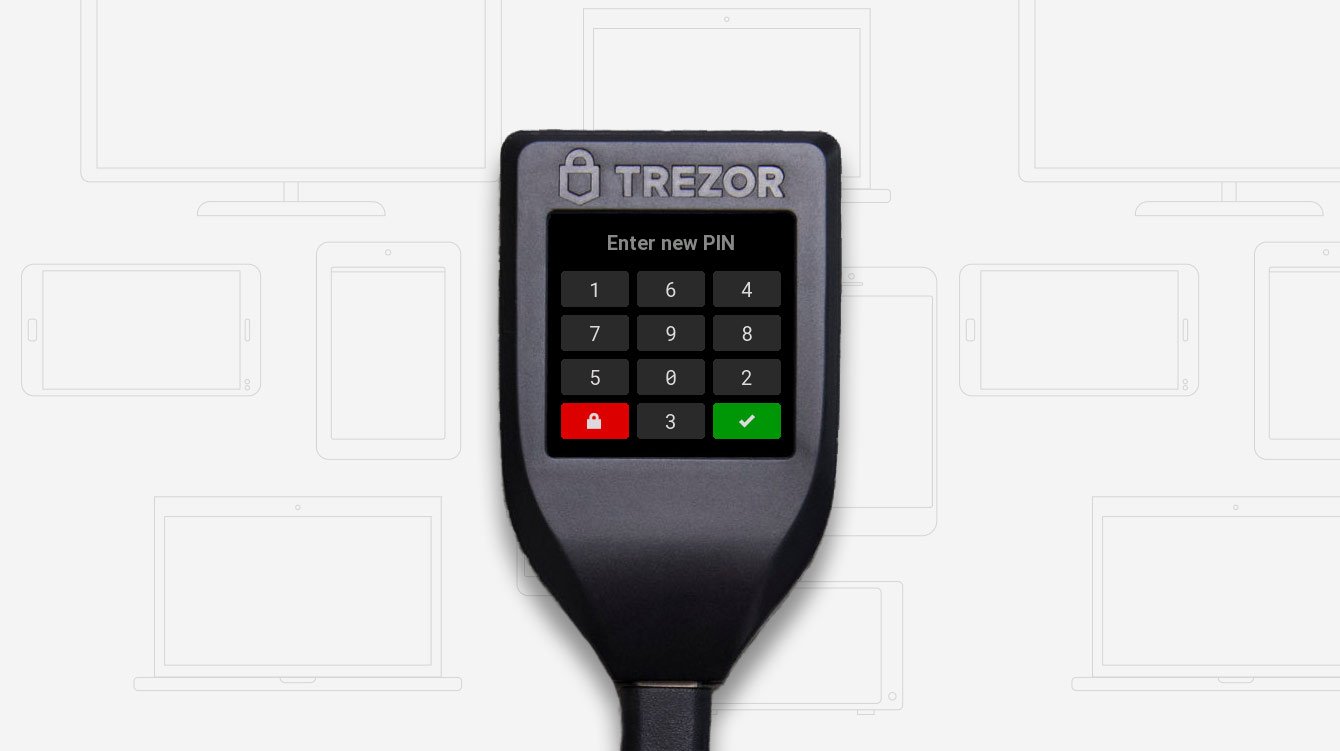The Ultimate Guide to Cryptocurrency Wallets
What is a cryptocurrency wallet?
Cryptocurrency works a little different to traditional currency. Instead of physical cash stored in a leather wallet, cryptocurrencies like Bitcoin revolve around a digital blockchain ledger. This ledger contains the records of which private and public keys control which funds. Every cryptocurrency wallet consists of at least one set of private and public keys. If you’ve never seen a public and private key, here is an example of what they look like:
Private Key: L1DS35g67mR9uic6aGKFVnKBS1t7mQWAqVda4mM2mddcCeeysbPy
Public Key: 1CKqby4nktR7TcoTEJw1SizAxNe4DAXKwL
The public key is used to receive funds and the private key is used to access those funds. In other words, never give out your private key unless you want that person to have access to your coins.
Although many types of wallets mentioned in this guide don’t require you to have knowledge of public/private keys and how wallets work, it is recommended to have some understanding of blockchain basics to avoid having your wallet hacked or simply giving out the wrong information to the wrong person.
What types of cryptocurrency wallets are there?
There are various types of cryptocurrency wallets which you can use. Some wallets have more security, different features or a GUI (graphical user-interface) to help interact with your private and pubic keys. Some are ‘hot wallets’ making it quick and easy to pay for a coffee in a cafe for example. Others are considered ‘cold storage’ wallets for secure and long-term storage. We’ll guide you through all of the types of cryptocurrency wallets along with their advantages and weaknesses.
Paper Wallet

The simplest and most basic form of cryptocurrency wallet is the paper wallet. As the name suggests, a paper wallet is your private and public keys either written or printed on a piece of paper. If printed, you can also include your wallet’s QR code for easy scanning to add additional funds. This type of wallet is also referred to as a cold storage wallet because the private keys are not accessible via the internet.
There are a few tools online which will generate a paper wallet for you such as https://www.bitaddress.org and https://walletgenerator.net. Both websites generate the wallet keys within the browser so your private key won’t be visible to the internet. To ensure the highest level of security, save the website for offline use when generating your paper wallet. Furthermore, opt for using an operating system such as Linux that is less prone to viruses.
Once you have created a paper wallet, you will want to keep it in the safest place possible. Anyone who has access to your public key can access your entire wallet along with any cryptocurrency stored on it.
PROS: Free, quick and easy cold storage wallet.
CONS: Although the private key is not transmitted on the internet by the generator, it is visible on your computer screen. If a hacker or virus has access to your computer they might be able to screenshot the keys. Also, paper is susceptible to damage from water, fire, smudging or simply being misplaced.
Web Wallet

A web wallet or exchange wallet is a wallet managed by a 3rd-party company or cryptocurrency exchange. If you have ever bought or sold cryptocurrency such as Bitcoin via an online exchange, you more than likely stored your coins in a web wallet during the process.
The major web wallet providers include Coinbase (exchange) and Blockchain.com. Both of these websites along with any online exchange will allow you to signup for free and create a web wallet.
One major issue with using web wallets is that you aren’t in control of your private keys. The security of your wallet and private keys is in the hands of the 3rd-party operator. I’m sure you’ve heard of the Mt. Gox exchange disaster in 2014 which led to the loss of an estimated 850,000 Bitcoin of customer funds. This was a stark reminder of the dangers of using web wallets and not having control of your private keys.
PROS: Free and if connected to an exchange it is quick and easy to buy / sell your cryptocurrency.
CONS: Your wallet’s private keys and their security is managed by someone else. If the company’s server is compromised you stand to loose all of the funds stored in that web wallet.
Software Wallet

Software wallets (also known as hot wallets) are software or apps that can be downloaded to your computer or device to manage your cryptocurrencies. Some are designed to be used with just one cryptocurrency while others have multi-coin support. We’ll be focusing on the most popular software wallets with user-friendly interfaces that give you full control of your wallet’s private keys.
Jaxx Liberty has versions for major OS platforms including mobile versions for Android & iPhone. Your wallet can be synced across all devices so your Bitcoin on your Windows wallet can be accessed from your iPhone. Currently the Jaxx Liberty wallet supports over 60 cryptocurrencies and tokens.
Similar to Jaxx Liberty, Exodus is another multi-currency software wallet with support for over 90 cryptocurrencies. The software is currently available for Windows, Mac & Linux with a mobile app in the pipeline.
Both of these software wallets come with Shapeshift integrated for easy coin exchange and the ability to import/export private keys.
Unfortunately the user friendly interfaces and features of software wallets do come at a cost. Due to the fact that your 12 seed words and private keys can be viewed and exported makes for a large security risk if your computer becomes infected with malware or a virus. Essentially any software wallet is only as secure as the computer running it.
PROS: Free, easy to setup and use. Mobile apps make cryptocurrency payments on-the-go a breeze.
CONS: Wallet seed and private keys can be exported which although helpful, does leave your wallet vulnerable to hackers.
Hardware Wallet

Finally, we have the hardware wallet. Hardware wallets are by far the most secure method of storing your cryptocurrencies at an affordable price. They usually look like a fancy USB drive with a small screen to verify transactions. If you are looking for a cold storage solution combined with a user-friendly interface a hardware wallet is your best option.
The private keys for each wallet are encrypted on the device and cannot be exported which makes hardware wallets extremely secure. Also, any transaction made on a hardware wallet must be confirmed by pressing physical buttons on the device. This eliminates the possibility of a hacker or virus being able to steal your private keys or make transactions from your wallet without your knowledge or approval.
The main 3 wallets on the market at the moment are the Ledger Nano S, Trezor One and the Trezor Model T. All three of these wallets essentially provide the same level of security. The variants between them can be viewed on their respective product pages.
PROS: The most secure option available for cryptocurrency storage.
CONS: Compared to other options hardware wallets aren’t free, costing around AU$140 – $245.
Which type of wallet should I use?
If you’re looking for a cold wallet for long-term safe storage of your cryptocurrency, you can’t go wrong with a hardware wallet.
When it comes to day-to-day small transactions and being mobile with your funds, a software wallet such as Jaxx Liberty is a really good option. Just remember to be aware of the security risks of hot wallets and only store small amounts of money.
